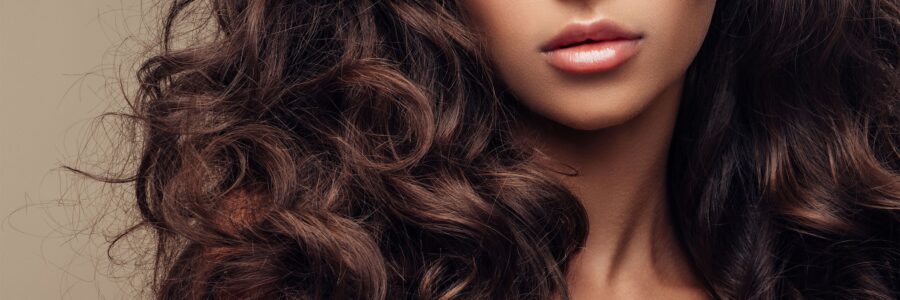Female pattern hair loss (FPHL) is a common condition affecting 40% of women. It is caused by a combination of genetics, hormones, age, stress, nutrition, and environmental factors. However, the pathophysiology of FPHL remains poorly understood. Topical minoxidil is the only FDA-approved treatment for this condition.
Many patients ask if dietary changes or supplements can help with hair loss. Unfortunately, the evidence is limited. There is no clear consensus on whether FPHL patients should routinely be tested for nutritional deficiencies or which supplements will be beneficial.
Iron deficiency is a major cause of hair loss. Risk factors include heavy menses, gastrointestinal blood loss, and malabsorption. Studies in mice show that iron supplements may promote hair growth. Zinc is also crucial for hair follicle development, and its deficiency can lead to hair loss.
Deficiencies in selenium, vitamin D, vitamin A, vitamin E, folic acid, and biotin have been linked to hair loss. However, no studies have shown that supplementation helps in patients without deficiencies.
In the hair supplement market, popular products for FPHL include DeeplyRooted (Hush & Hush), Viviscal, Nutrafol, and Sugarbearhair. These supplements contain micronutrients like vitamin D, zinc, and biotin, and adaptogens that may support hair follicle health and reduce stress.
In our practice, we see 100 hair loss patients per week, with 30%-40% suffering from FPHL. Many experience depression, anxiety, and emotional distress. Our combination treatments include nutritional supplements and have shown success in halting shedding and improving hair growth.
Until the underlying cause of FPHL is understood and new treatments are developed, nutritional supplements may help. However, monitoring supplement use is essential to avoid toxicity. More research is needed to determine guidelines for testing micronutrients and parameters for supplementation.
Shop our favorite skincare and more on Derm to Door.com!
Head back to our blog here!


